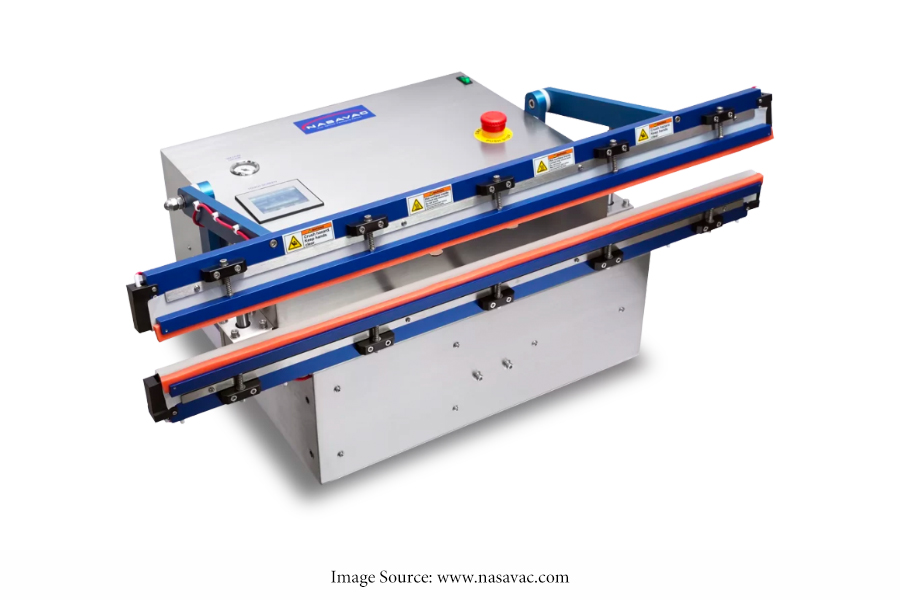
Food preservation is a fundamental aspect of modern society, ensuring the availability of safe and nutritious sustenance throughout the year. While traditional methods such as canning, freezing, and drying have been employed for centuries, the advent of industrial chamber vacuum sealer have revolutionized the way we preserve food. These sophisticated machines utilize vacuum technology to remove air from the packaging, thereby extending the shelf life of perishable goods and maintaining their quality.
Vacuum Sealing Process: How it Works?
Industrial chamber vacuum sealers employ a simple yet effective process to ensure food preservation. The food items are placed inside the chamber, and the machine draws out the air, creating a vacuum-sealed environment. The removal of air prevents the growth of aerobic bacteria, molds, and yeasts that require oxygen to thrive. As a result, the degradation of the food is significantly slowed down, allowing for longer storage periods without compromising on taste and nutritional value.
Extending Shelf Life and Reducing Food Waste
One of the primary advantages of industrial chamber vacuum sealers is their ability to extend the shelf life of perishable goods. By eliminating air and sealing the package, these machines prevent oxidation and microbial growth, which are the key factors leading to food spoilage. The absence of moisture and oxygen inside the package inhibits the growth of bacteria, yeasts, and molds, effectively preserving the food for an extended period.
Maintaining Nutritional Value and Flavor
In addition to prolonging shelf life, industrial chamber vacuum sealers also preserve the nutritional content and flavor of food items. When food is exposed to air, essential vitamins and minerals can degrade rapidly. However, vacuum sealing inhibits this process, allowing the food to retain its nutritional value for an extended period. As a result, consumers can enjoy fruits, vegetables, and meats with higher vitamin content and better overall nutritional profiles.
Furthermore, vacuum-sealed food items maintain their original flavors and textures. Without exposure to air, the risk of freezer burn or dehydration is minimized, ensuring that the taste and quality of the food remain intact even after long-term storage.
Preventing Freezer Burn and Contamination
Freezer burn, a common issue with improperly preserved frozen foods, is caused by dehydration and oxidation. When food is exposed to air, ice crystals form on its surface, leading to the loss of moisture and subsequent degradation in quality. Industrial tabletop vacuum sealer eliminates this risk by sealing the food completely, preventing the entry of air and moisture.
Benefits for Commercial Food Processing
Industrial chamber vacuum sealers offer invaluable benefits to the commercial food processing industry. For manufacturers and distributors, these machines enable bulk packaging of products while maintaining freshness and quality. Vacuum-sealed products are less susceptible to damage during transportation, reducing potential losses and ensuring customer satisfaction.
Conclusion
Industrial chamber vacuum sealers have emerged as indispensable tools in the quest for optimizing food preservation. By extending shelf life, maintaining nutritional value, preventing food waste, and safeguarding against contamination, these machines have transformed the way we store and consume food. As technology continues to advance, we can expect further refinements in vacuum sealing techniques, contributing to a more sustainable and efficient food supply chain.

